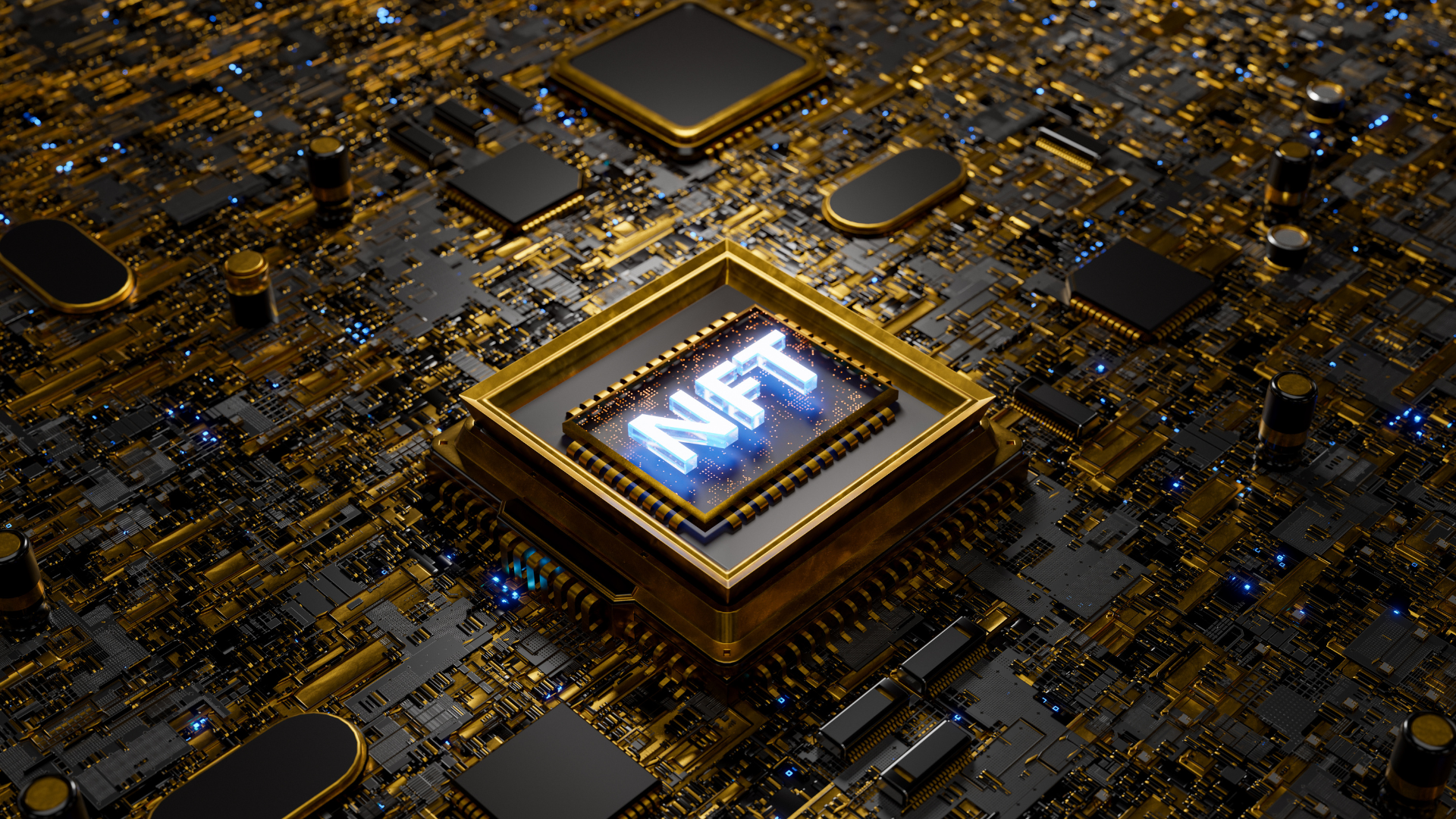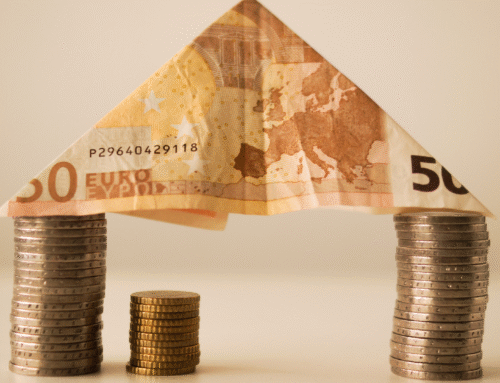NFT and Cryptocurrency is two different things, with NFT referring to Non-Fungible Tokens and Cryptocurrency referring to Crypto Tokens. The general public more widely understands the latter as crypto, and with this definition, NFT is often referred to as Crypto Assets.
NFTs are similar to game currencies, such as RuneScape’s popular video game. While in-game currencies (such as RuneScape’s currency) can be converted into real-world value, they are neither easily convertible nor are they transferable as traditional currencies are. NFTs are digital collectibles created and issued on the Ethereum blockchain.
How are NFTs unique in relation to cryptocurrencies?
As the cryptocurrency market grows, traditional financial industry players are looking for ways to incorporate blockchain and cryptocurrency technology into their product offerings. One of these products is NFTs, otherwise known as non-fungible tokens. Unlike cryptocurrencies like Bitcoin and Ether, NFTs lack a common monetary unit. Instead, NFTs are tokens with identifiers that differ based on their characteristics. You could technically buy something of value, or you could own an NFT of it, which is sometimes of a more dynamic value. So, you could own physical diamonds, for instance, or you could own NFT Diamonds, meaning you won’t have physical possession of a diamond, but a token representing ownership of it.
NFTs are a novel method of transferring value, something that you can only do with a cryptocurrency, but for most, the novelty ends there. That’s because NFTs are just fancy code scripts that can be placed on an asset, such as a piece of art, and used to make people trade that asset. NFTs allow for fair exchange since the price is represented by the number of assets you hold, not the total dollar value. For example, if you had 100 comics, and each one represented $1, then each comic would have a value of $100. A buyer could purchase those 100 comics and end up with 200 NFTs. While in traditional trading, a buyer and seller both agree on some price point, selling your 100 comics for $100, for example, NFTs rely on an economic model where the price of assets is determined by what the market will bear.
Is cryptocurrency and NFT the same thing?
Cryptocurrency and NFT are terms used in the crypto-currency (or Bitcoin/Crypto) world. A cryptocurrency is a digital currency, a type of alternative currency, or virtual currency. It uses cryptography to secure its transactions, control the creation and transfer of currency, and verify the transfer of assets. Cryptocurrencies use decentralized control instead of centralized electronic money (M1), which a central bank issues, government, or supranational agency.
The terms cryptocurrency or NFT no longer have to be used interchangeably. Cryptocurrency is used to discuss cryptocurrencies like Bitcoin and Ethereum. NFTs can be thought of as a token attached to a cryptographically secure contract that specifies what that token can do. They are both crypto projects that share certain similarities but also differences. Before investing in either, you should always check the security analysis of crypto projects and do any other research that is required to make sure that the token or currency is not a scam. By taking the proper precautions, both cryptocurrency and NFT can yield profits for investors.
Is NFT better than crypto?
NFT is something of a buzzword in the crypto world these days, and for a good reason. The tokenized asset technology promises greater security, privacy, and efficiency than traditional online transactions because every financial asset is cryptographically tagged and transferred via blockchain. Additionally, while crypto is still relatively nascent, most analysts agree that NFTs will be the dominant way of conducting commerce in the near future. With the platforms like Pastel Network, it has become much easier for people to create, store, and manage NFTs. This could be the reason behind the wide adoption of NFTs among tech-savvy people.
What is the difference between NFT and blockchain?
The terms blockchain and NFT are often used interchangeably. That’s a mistake. They are distinct technology terms.
Both blockchain and NFT are technologies, but the blockchain is a distributed ledger, whereas NFT is a type of asset. NFT is a blockchain-enabled hardware device, such as an integrated circuit chip manufactured on a silicon wafer. When you hold an NFT in the virtual world of the Ethereum blockchain, it’s actually a real object.
There’s a lot of information out there about blockchain and its potential applications. Many believe that it will soon transform how we do business, including how we buy and sell goods. This is because the technology behind blockchain requires trust. As you probably know, trust is an inherently tricky thing. The most reliable way to achieve it is when all parties are completely transparent. When buyers and sellers can agree on the trustworthiness of products, services, and people, transactions can be clear without any kind of oversight, and money can flow more easily.
NFT stands for non-fungible token. A non-fungible token is a digital asset with an identifier like a username instead of a stock ticker. NFTs use cryptographic signatures to ensure that each token is unique. Cryptographers determined that non-fungible tokens are superior to fungible tokens, for example, in collectible games, since non-fungible tokens cannot be copied or duplicated. Non-fungible tokens are valuable because each token is unique.






Leave A Comment